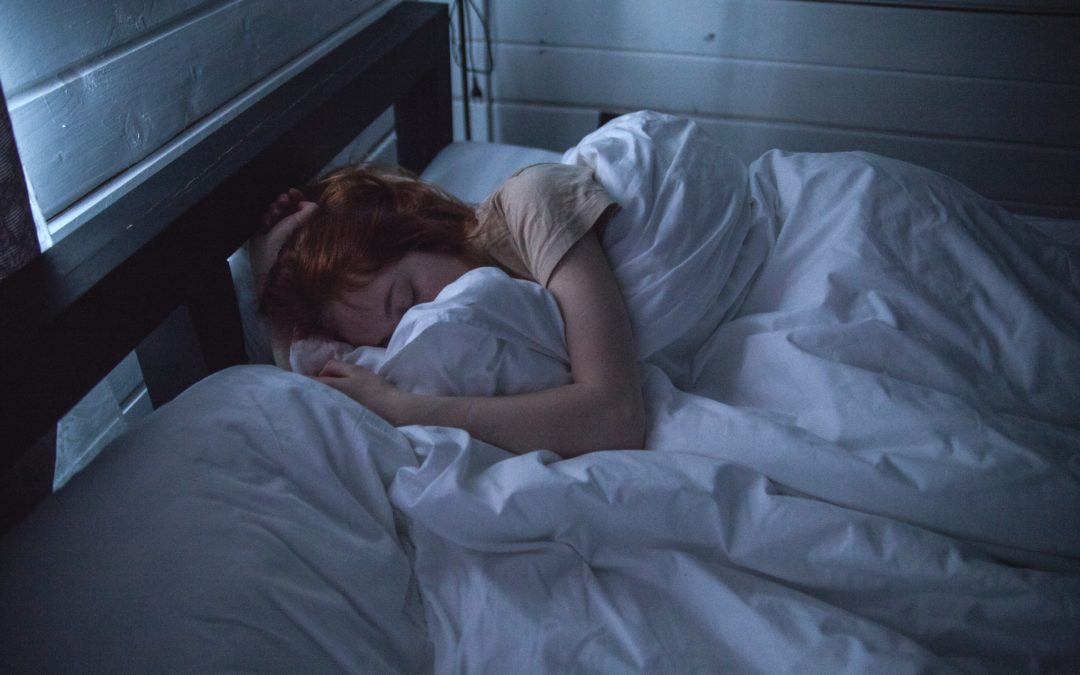Our everyday lives have changed since the start of the pandemic. A lot of us are staying at home and have had to change our routines to fit our new situation. For many, these routine changes have also affected their sleep in a negative way. You may feel like you’re not sleeping well, or not sleeping enough. Here are some tips to help you catch up on some good quality Zzzs and hopefully get you back on track for a good night’s sleep
With many of us staying home and/or working from home, our routines have been broken and therefore our sleep schedule may have also changed. Some of us may be sleeping later than usual or waking up later than usual. Keep regular bedtime and wake-up times to help you sleep better and help maintain your sleep routine.
Adhere to working hours
Since the start of the pandemic, many of us have switched to working remotely instead of going to the office. As a result, many are starting to work longer hours than their usual work time. Do your best to follow your usual working hours as if you were working in the office. This allows for more time for you to relax and de-stress before going to bed.
“Those in the U.S. have logged on for an additional three hours per day compared to patterns seen before March 11 — a 40% jump — according to data from virtual private network service provider NordVPN Teams. In … Canada, the working day has extended by an average of two hours, with many people starting work earlier than usual.” (Bloomberg, 2020)
Limit your naps
Excessive napping during the day or in the afternoon will reduce your sleep pressure — an unconscious biological response that makes us want to go to sleep.
Get some natural light
Open up your windows and let some sunlight in! This will help improve your mood and can help regulate your body clock. In addition, the fresh air will be relaxing if you’ve been feeling stuffy inside your home.
Be active
Taking a walk and exercising while social distancing will help you sleep better. Exercising helps you build enough body fatigue to help you sleep faster and get deeper sleep.
Maintain your social life
A lot of media outlets are reporting on the current pandemic and it can all be very daunting. This can lead to anxiety and stress. It’s important to maintain your social networks and talk with friends and
With restrictions also being lifted here in BC, you can see your family and friends in person and catch up. Just be sure to follow government guidelines.
Keep a healthy diet
Avoid drinking coffee in the afternoon as it may make it harder for you to fall asleep. Eating large and overly rich meals before going to bed can also delay sleep. Keeping a balanced diet will help regulate your metabolism and in turn help you sleep better.
Put a cap on screen time
The blue light emitted by screens such as your phone, TV, laptop, etc. have been shown to suppress the release of melatonin. This makes it harder for you to fall asleep. Make it a habit to put your screens away at least 1 hour before you go to bed.
Unwind before bedtime
Your brain associates bed and darkness with sleep. When it notices that these two factors are present, your brain will start the process of falling asleep. However, since many of us go to bed and look at our phones, maybe play video games, etc., our brains get distracted and it delays the process, making it harder for us to get to sleep.
It’s best to unwind before going to bed. You can read a book, listen to calming music, do breathing exercises,
Keep it cool and dark
Set your bedroom up to avoid interruptions and give you good-quality sleep.
“Your room should be as dark as possible, cool (between 16-18°C) quiet and comfortable. Buy the biggest bed you can fit into your bedroom and keep a window open as fresh air is good for sleep.” (Dr. Stanley, First for Women, 2020)
Not all of our nights will be peaceful and relaxing. There are daily factors that can cause us to be stressed or anxious, thus preventing us from getting a good night’s sleep. If you are not getting quality sleep, do not
If you continue to have poor sleep, please consult with your physician.
